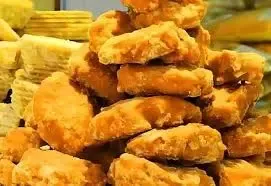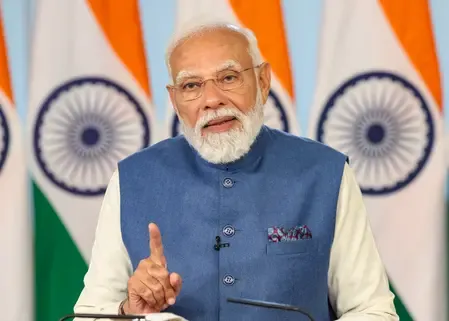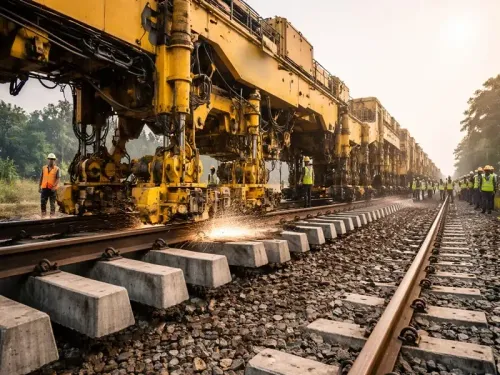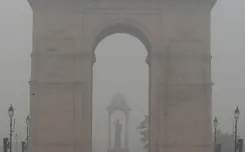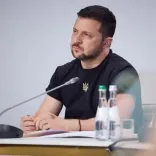Why Are Opposition MLAs in Bihar Assembly Creating a Ruckus?
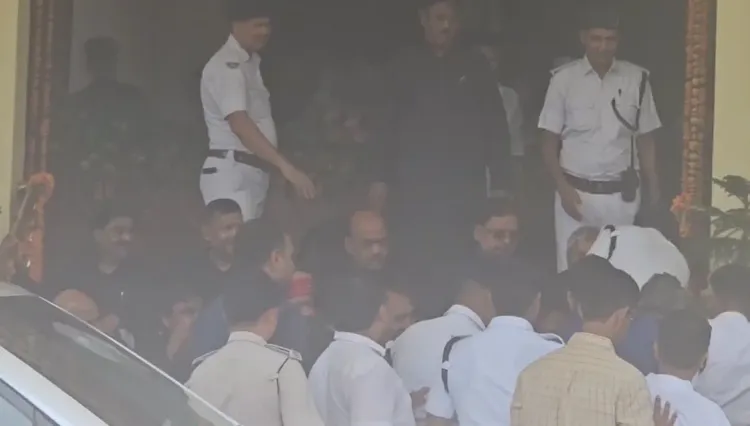
Synopsis
Key Takeaways
- Opposition protests reflect political tensions.
- Special Intensive Revision (SIR) process is contentious.
- Clad in black, MLAs symbolize dissent.
- Speaker’s attempts to maintain order were evident.
- Political dialogues are essential for democratic integrity.
Patna, July 22 (NationPress) The second day of the monsoon session in the Bihar Legislative Assembly turned chaotic as opposition MLAs engaged in protests both inside and outside the House, voicing their dissent against the ongoing Special Intensive Revision (SIR) initiative for the voter list.
At the outset, as Speaker Nand Kishore Yadav commenced the session, opposition MLAs rose from their seats, chanting slogans and flocking to the well of the House, brandishing posters that called for a discussion on the Special Intensive Revision (SIR) of the voter list.
The Speaker made attempts to calm the agitating MLAs, urging them to return to their seats and quipped, “Your throat will tire from shouting slogans; save your voice for the elections.”
Clad in black attire as a sign of protest, the opposition MLAs drew the Speaker's attention, who remarked that their clothing “does not look appropriate.”
Marshals were instructed to confiscate the placards from the protesting MLAs, which were subsequently cleared from the House.
Earlier, RJD MLAs caused a stir outside the Assembly, trying to prevent Speaker Nand Kishore Yadav from entering the House, although he eventually managed to reach his chamber with difficulty.
Opposition MLAs, including representatives from the RJD, Congress, and Left parties, chanted slogans against the government, alleging that the BJP and the Election Commission were orchestrating a “conspiracy” through the voter list revision process and demanding its retraction.
Due to the blockade by opposition MLAs outside the main gate, a previously closed secondary gate of the Assembly was forcibly opened with chisels and hammers to allow ruling party MLAs access.
Despite efforts to obstruct the entrance, RJD MLA Mukesh Roshan and Congress MLA Rajesh Kumar were escorted away by marshals to clear the path.
Meanwhile, Chief Minister Nitish Kumar approached the Assembly through an alternate route and met the Speaker, joined by Parliamentary Affairs Minister Vijay Chaudhary and Minister Shravan Kumar, as the standoff between the ruling and opposition benches persisted over the contentious voter list revision.


